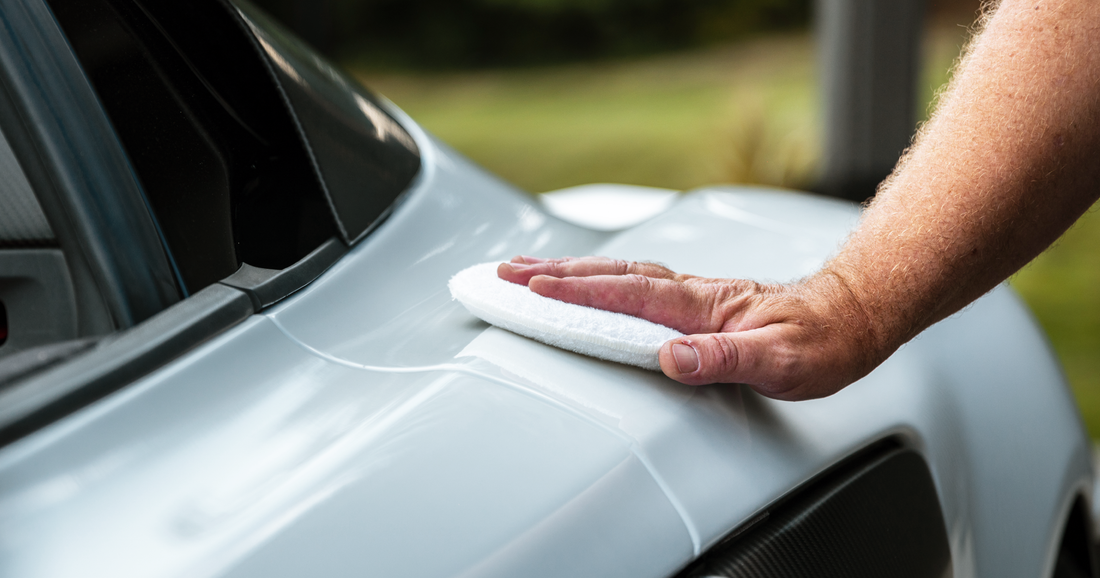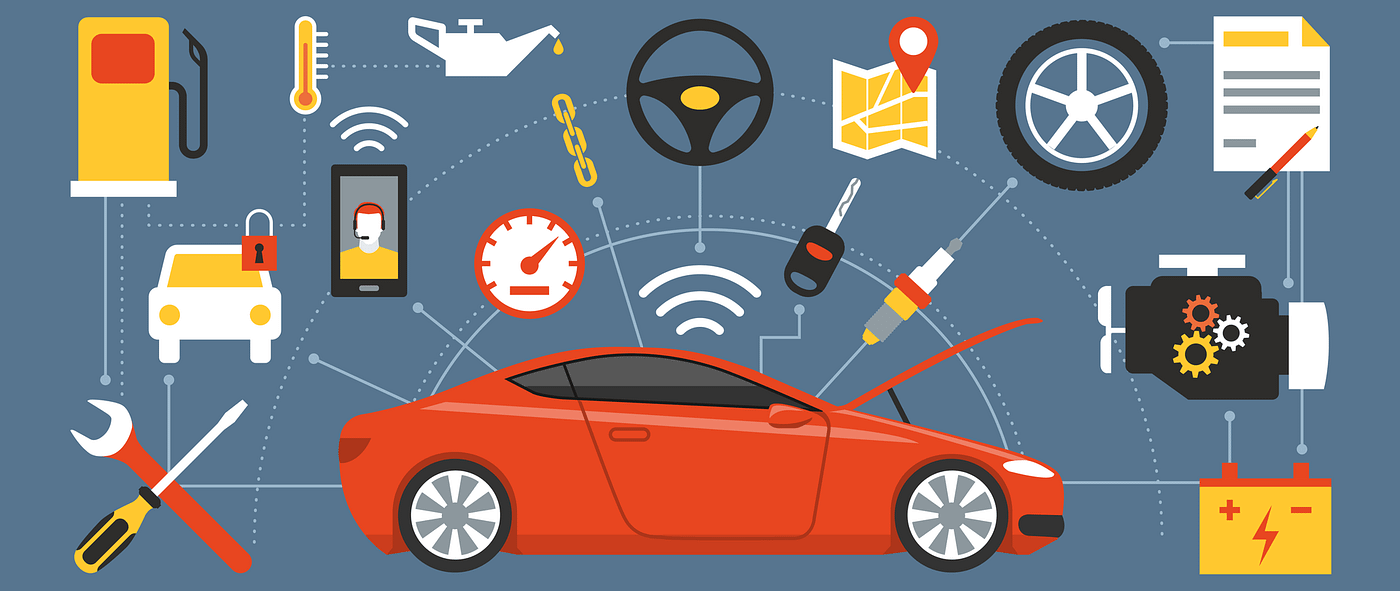All Categories
Featured
An automobile getting too hot can be a difficult circumstance, particularly if it occurs all of a sudden. High engine temperature levels can lead to severe damages otherwise resolved quickly. Knowing what to do when your automobile overheats and comprehending just how to stop it can conserve you from pricey repair services and ensure your safety when driving.
![]()
If Your Automobile Overheats,What to Do. Draw Over Securely. As quickly as you discover signs of getting too hot-- such as heavy steam rising from the hood, a spiking temperature level gauge, or cautioning lights-- draw over to a secure place. Transform off the engine right away to avoid further damages.
Switch Off the air conditioning and Turn On the Heating system. Transform off the air conditioning to reduce engine lots and switch on the heater if you're not able to pull over right away. This reroutes warm far from the engine and into the cabin, which can help decrease the engine temperature momentarily.
Open the Hood (with Care) Wait for the engine to cool off prior to opening up the hood. Opening it prematurely can subject you to hot vapor or hot fluids. Once it's safe, evaluate the engine for apparent indicators of problem, such as dripping coolant or a broken radiator tube.
Inspect the Coolant Levels. If you have coolant or water in your vehicle, add it to the reservoir or radiator as soon as the engine has actually cooled down. Prevent adding cool water to a warm radiator, as it can create fracturing.
![]()
Ask For Help. If you're incapable to diagnose or resolve the issue, get in touch with a tow truck or roadside help. Driving with an overheated engine can bring about considerable damages, such as a blown head gasket or warped engine elements.
How to stop Your Automobile from Getting too hot. Check Coolant Degrees Frequently. Guarantee your automobile always has the appropriate quantity of coolant. Reduced coolant degrees are among one of the most usual sources of overheating. Regularly examine the coolant tank and top it off if required.
Evaluate Radiator and Hoses. Search for cracks, leakages, or loose connections in the radiator and pipes. Change any kind of damaged parts promptly to protect against coolant leaks.
Maintain Your Air Conditioning System. Flush and re-fill the air conditioning system as suggested in your lorry's proprietor manual. Gradually, old coolant can shed its performance and stop working to shield the engine from overheating.
Screen the Thermostat and Water Pump. A defective thermostat or water pump can interrupt the air conditioning system's feature. Have these components checked throughout routine maintenance to capture problems early.
Stay Clear Of Straining Your Automobile. Extreme weight places additional pressure on the engine and cooling system. Keep your tons within the manufacturer's recommended restrictions.
Enjoy the Temperature Level Scale. Take notice of your temperature gauge, specifically during heat or when increasing high slopes. If the scale starts to climb, take preventative measures such as decreasing speed or transforming off the a/c.
Conclusion. If you understand what actions to take, dealing with an overheated car doesn't have to be overwhelming. Performing rapidly and securely can avoid further damage to your engine. To reduce the risk of overheating, stay on top of routine maintenance, inspect your air conditioning system, and drive sensibly. With appropriate treatment, you can keep your engine running smoothly and prevent the aggravation of an overheated car.

If Your Automobile Overheats,What to Do. Draw Over Securely. As quickly as you discover signs of getting too hot-- such as heavy steam rising from the hood, a spiking temperature level gauge, or cautioning lights-- draw over to a secure place. Transform off the engine right away to avoid further damages.
Switch Off the air conditioning and Turn On the Heating system. Transform off the air conditioning to reduce engine lots and switch on the heater if you're not able to pull over right away. This reroutes warm far from the engine and into the cabin, which can help decrease the engine temperature momentarily.
Open the Hood (with Care) Wait for the engine to cool off prior to opening up the hood. Opening it prematurely can subject you to hot vapor or hot fluids. Once it's safe, evaluate the engine for apparent indicators of problem, such as dripping coolant or a broken radiator tube.
Inspect the Coolant Levels. If you have coolant or water in your vehicle, add it to the reservoir or radiator as soon as the engine has actually cooled down. Prevent adding cool water to a warm radiator, as it can create fracturing.

Ask For Help. If you're incapable to diagnose or resolve the issue, get in touch with a tow truck or roadside help. Driving with an overheated engine can bring about considerable damages, such as a blown head gasket or warped engine elements.
How to stop Your Automobile from Getting too hot. Check Coolant Degrees Frequently. Guarantee your automobile always has the appropriate quantity of coolant. Reduced coolant degrees are among one of the most usual sources of overheating. Regularly examine the coolant tank and top it off if required.
Evaluate Radiator and Hoses. Search for cracks, leakages, or loose connections in the radiator and pipes. Change any kind of damaged parts promptly to protect against coolant leaks.
Maintain Your Air Conditioning System. Flush and re-fill the air conditioning system as suggested in your lorry's proprietor manual. Gradually, old coolant can shed its performance and stop working to shield the engine from overheating.
Screen the Thermostat and Water Pump. A defective thermostat or water pump can interrupt the air conditioning system's feature. Have these components checked throughout routine maintenance to capture problems early.
Stay Clear Of Straining Your Automobile. Extreme weight places additional pressure on the engine and cooling system. Keep your tons within the manufacturer's recommended restrictions.
Enjoy the Temperature Level Scale. Take notice of your temperature gauge, specifically during heat or when increasing high slopes. If the scale starts to climb, take preventative measures such as decreasing speed or transforming off the a/c.
Conclusion. If you understand what actions to take, dealing with an overheated car doesn't have to be overwhelming. Performing rapidly and securely can avoid further damage to your engine. To reduce the risk of overheating, stay on top of routine maintenance, inspect your air conditioning system, and drive sensibly. With appropriate treatment, you can keep your engine running smoothly and prevent the aggravation of an overheated car.
Latest Posts
A-Abel Roofing: Roofing Solutions Built to Last
Published Jan 06, 25
1 min read
Artisanal Wooden Doors
Published Jan 06, 25
0 min read
Artisanal Wooden Doors
Published Jan 06, 25
0 min read